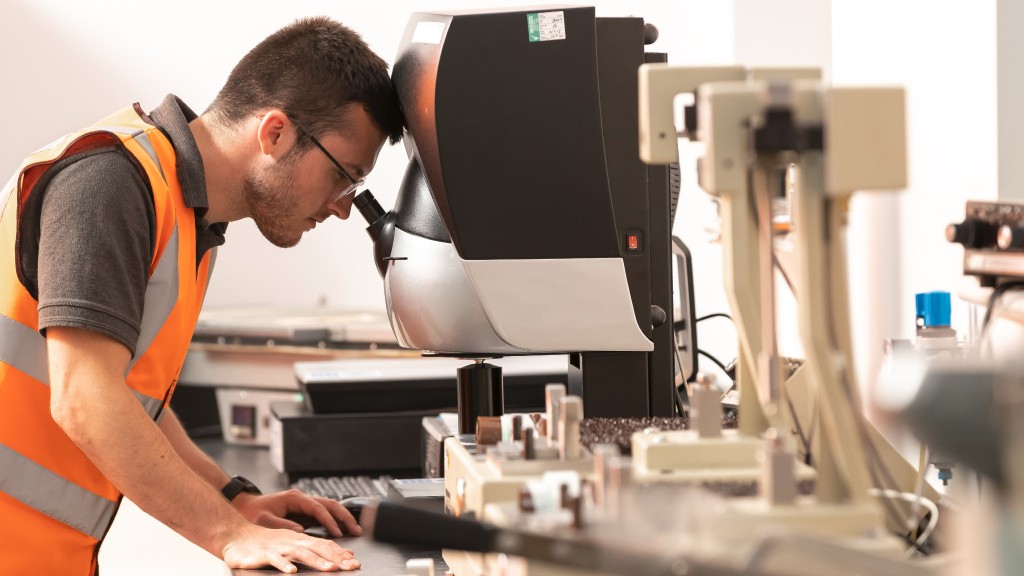
DS Smith is determining if seaweed fibres can be used as a raw material in paper and packaging products amid increasing demand for recyclable goods from business customers and consumers.
In what the company says is an industry first, DS Smith could use seaweed across its packaging network as an alternative fibre source to wood. After initial testing, the company also is researching seaweed's potential role as a barrier coating, replacing problem plastics and petroleum-based packaging used to protect food.
DS Smith is talking to several biotechnology companies to explore the potential use of eco-friendly seaweed fibres in a range of packaging products, such as cartons, paper wraps and cardboard trays.
The seaweed project is part of DS Smith's more than $140 million, five-year circular economy research and development program announced earlier this year. The work is designed in part to boost research into alternative fibres and to reduce and eliminate waste.
It's also looking at potential uses of natural fibres, such as straw, hemp, miscanthus and cotton. Also being tested are more unusual sources, including the daisy-flowered cup plant and agricultural waste like cocoa shells or bagasse - the pulp fibre left over after sugarcane is processed.
Given its wide range of uses, seaweed in manufacturing is a burgeoning market. The European seaweed industry alone is predicted to be worth almost $11 billion by 2030, generating 115,000 jobs.
Seaweed generally is available from commercial seaweed suppliers and farmers, and scientists have explored the uses of multiple types of green, brown and red seaweed. DS Smith said its research will help decide which species has the best qualities for its processes.



